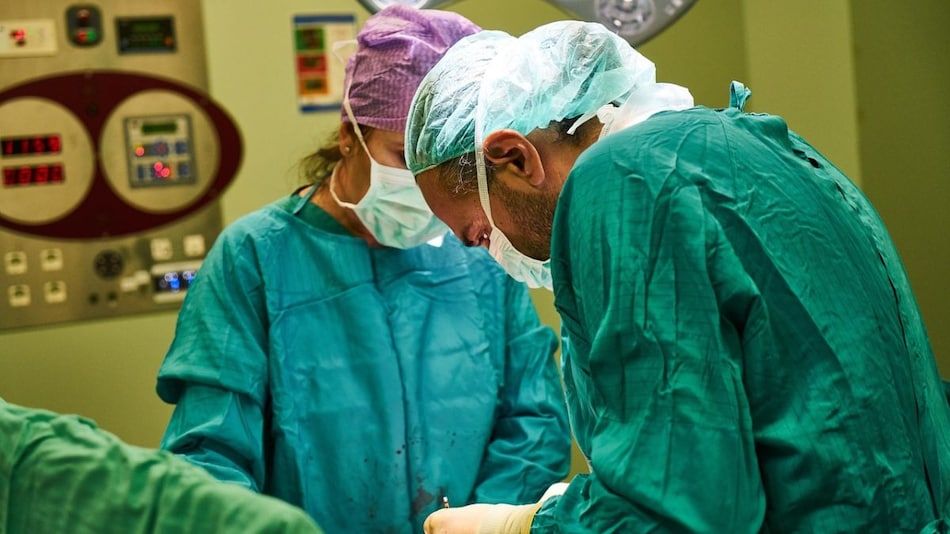Breakthrough AI Tool Revolutionizes Brain Tumor Detection During Surgery

A groundbreaking artificial intelligence tool called FastGlioma has been developed by a team of researchers from the University of Michigan and the University of California, San Francisco, enabling surgeons to detect residual brain tumors within 10 seconds during surgery. This innovation, detailed in a recent study published in Nature, is seen as a significant advancement in neurosurgery, outperforming traditional tumor detection methods.
The tool uses high-resolution optical imaging combined with artificial intelligence to quickly and accurately identify tumor infiltration in brain tissue. According to Todd Hollon, M.D., a neurosurgeon at the University of Michigan Health, FastGlioma is a transformative diagnostic tool that provides a faster and more accurate method for identifying tumor remnants.
Residual tumors, which can resemble healthy brain tissue, are a common challenge in neurosurgery. Traditional methods, such as intraoperative MRI or fluorescent imaging agents, often rely on time-consuming procedures and may not be suitable for all types of tumors. FastGlioma addresses this issue by rapidly and accurately identifying tumor infiltration, allowing surgeons to address residual tumors during surgery.
In an international study involving 220 patients with low- or high-grade diffuse gliomas, FastGlioma achieved an average accuracy of 92%, significantly outperforming conventional methods. Co-senior author Shawn Hervey-Jumper, M.D., professor of neurosurgery at UCSF, emphasized the tool's ability to enhance surgical precision while minimizing dependence on imaging agents or time-consuming procedures.
The model behind FastGlioma is based on foundation models, a type of AI trained on vast datasets, allowing adaptation across various tasks. Researchers believe that this framework holds promise for application in other cancers, including lung, prostate, and breast tumors, without requiring extensive retraining.
"This technology has the potential to reshape cancer treatment approaches worldwide," said Aditya S. Pandey, M.D., chair of neurosurgery at the University of Michigan. "We aim to expand its use to additional tumor types, aligning with recommendations to integrate AI into cancer surgery."
FastGlioma is poised to revolutionize brain tumor diagnosis and surgical outcomes, offering a faster, more accurate, and reliable method for identifying residual tumors during surgery.
